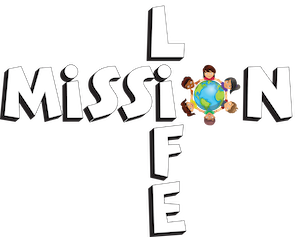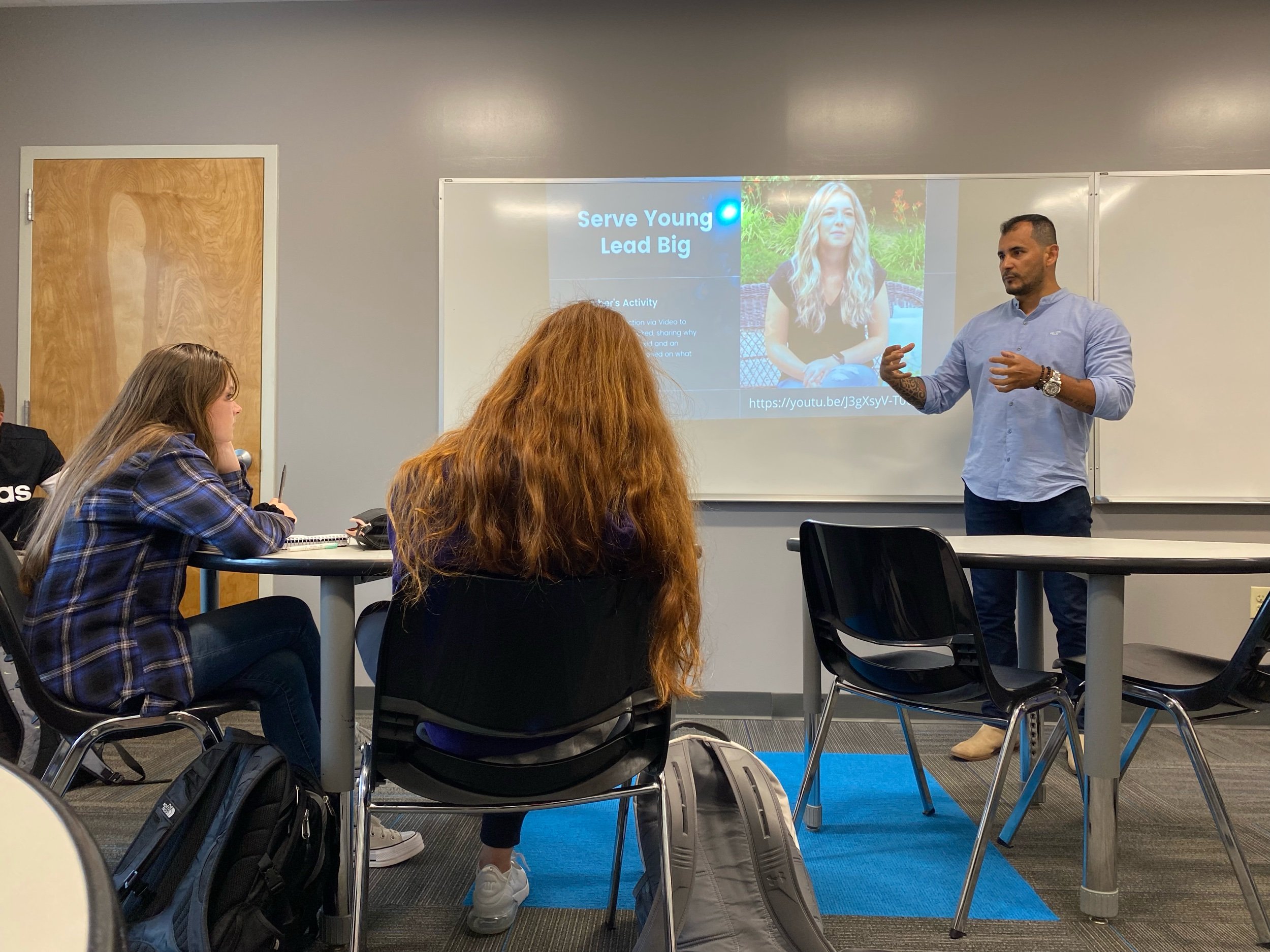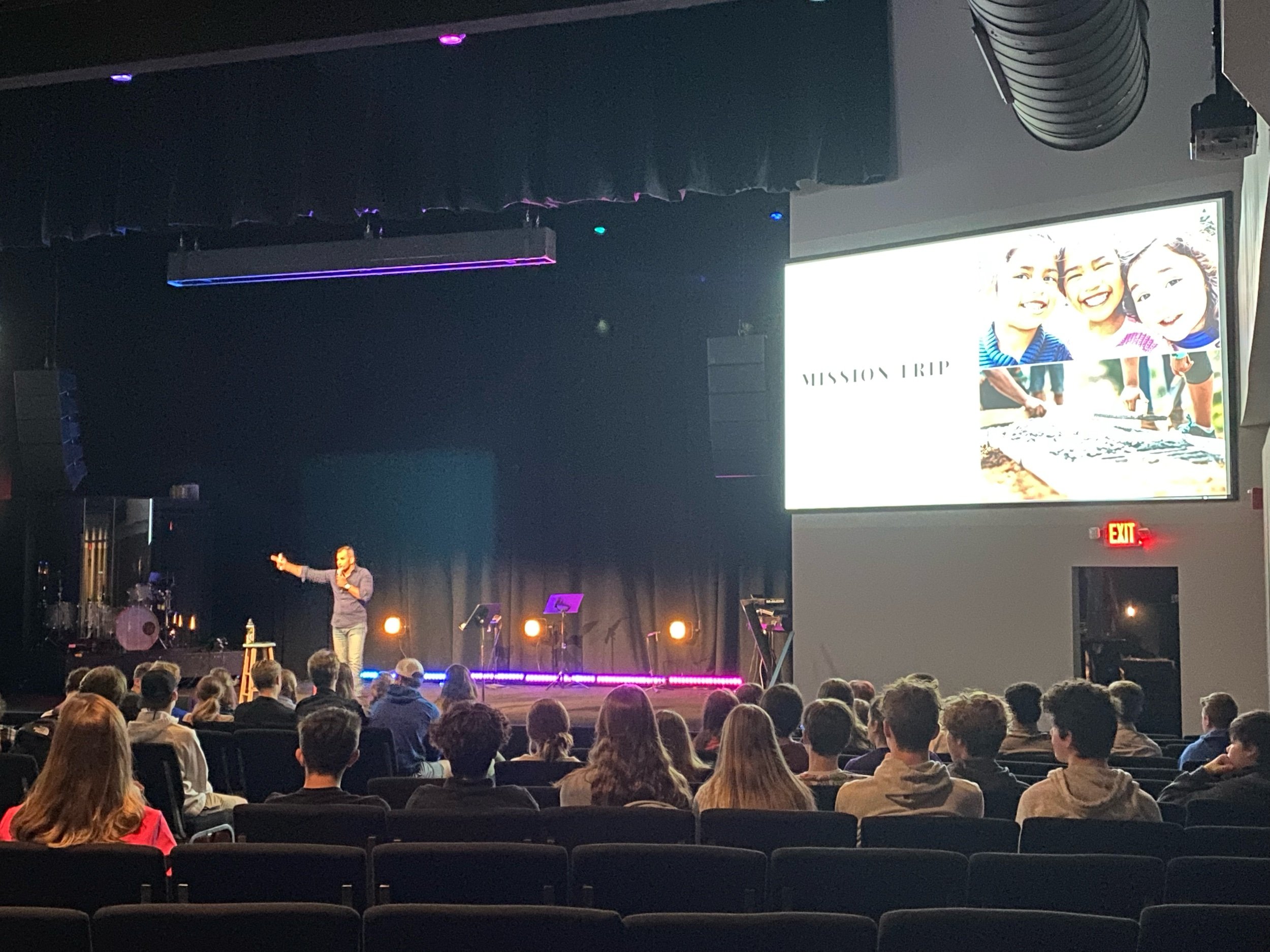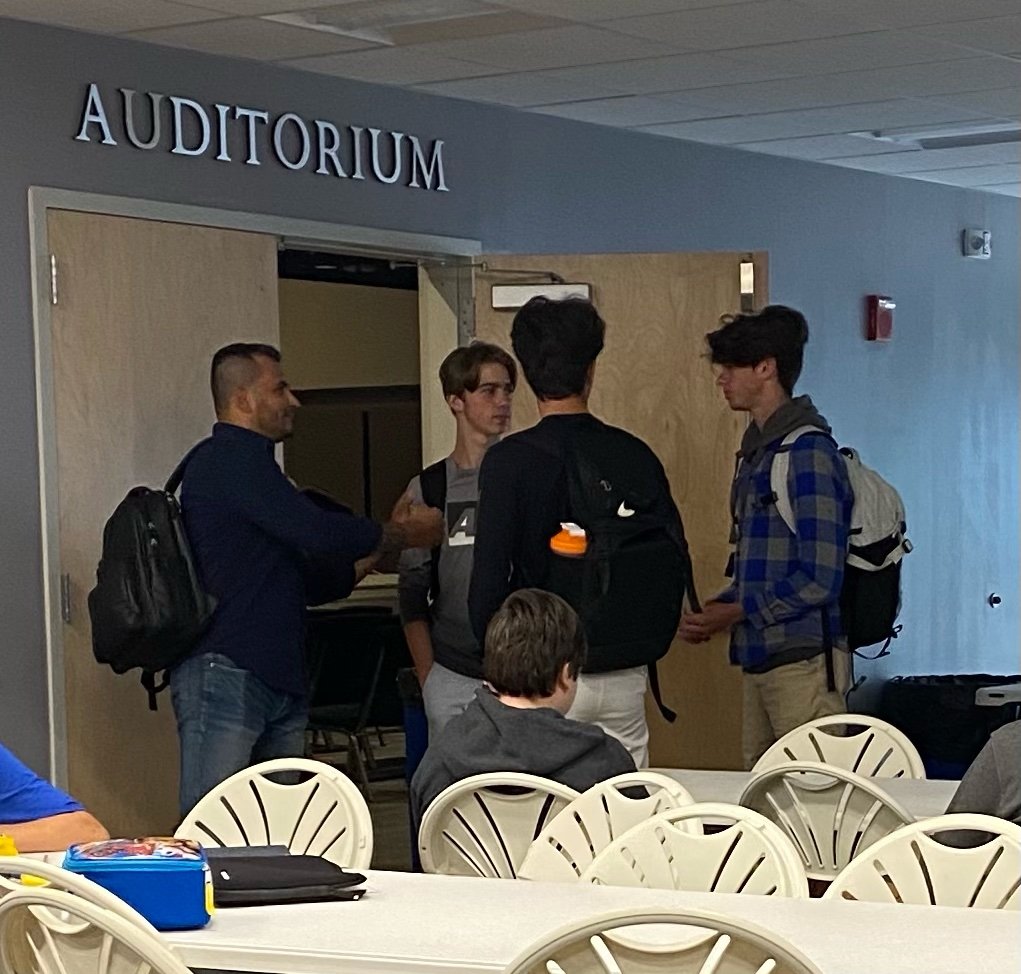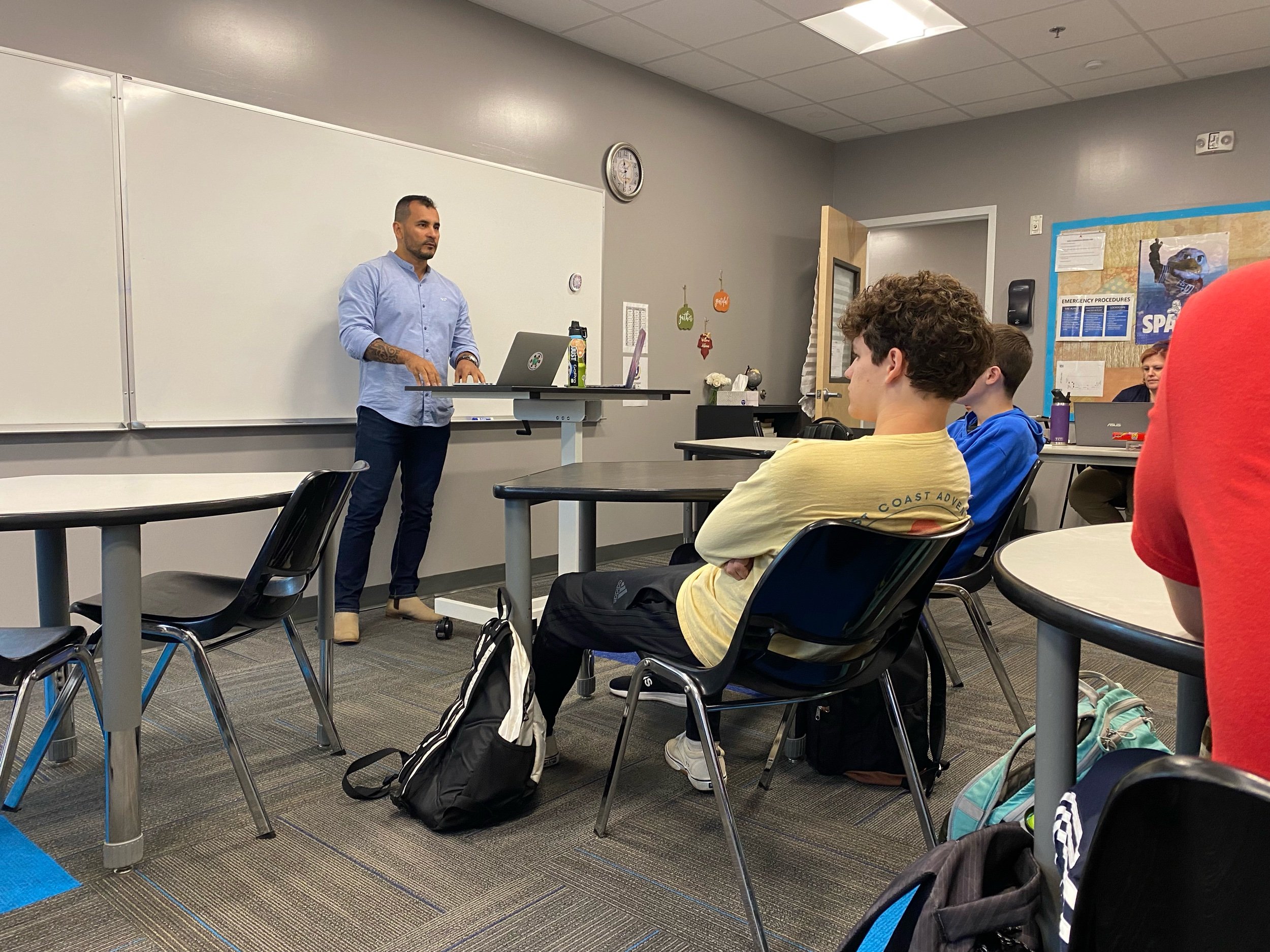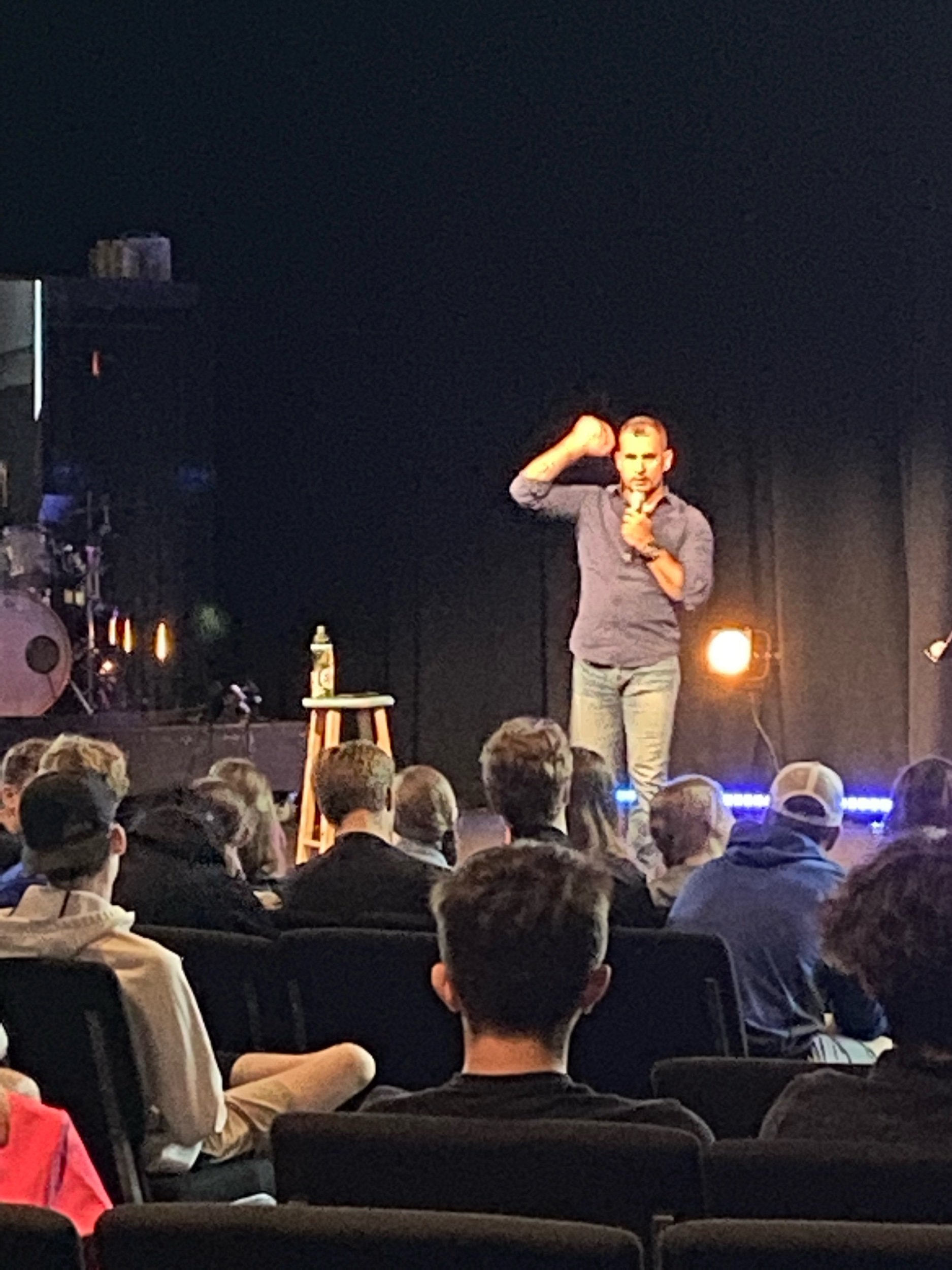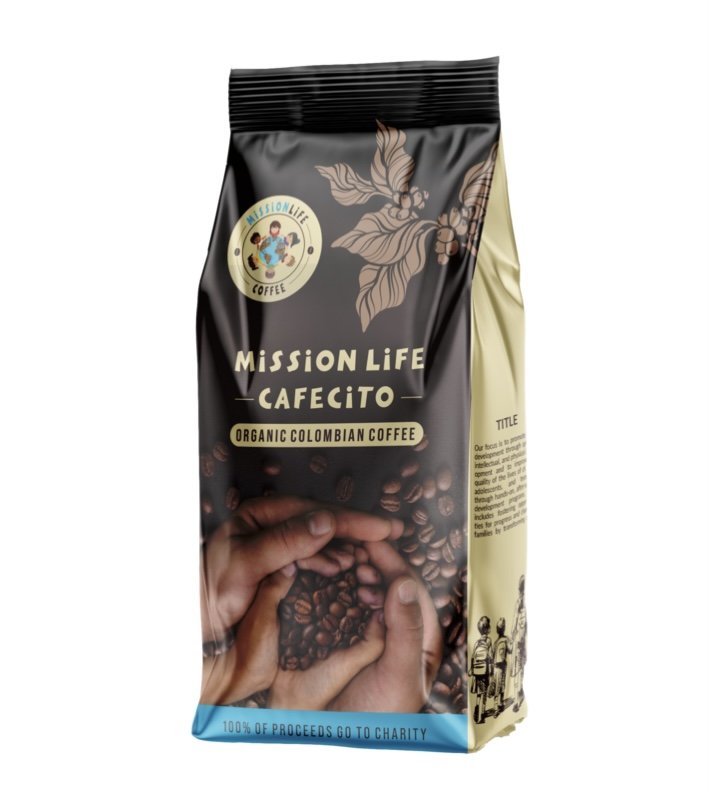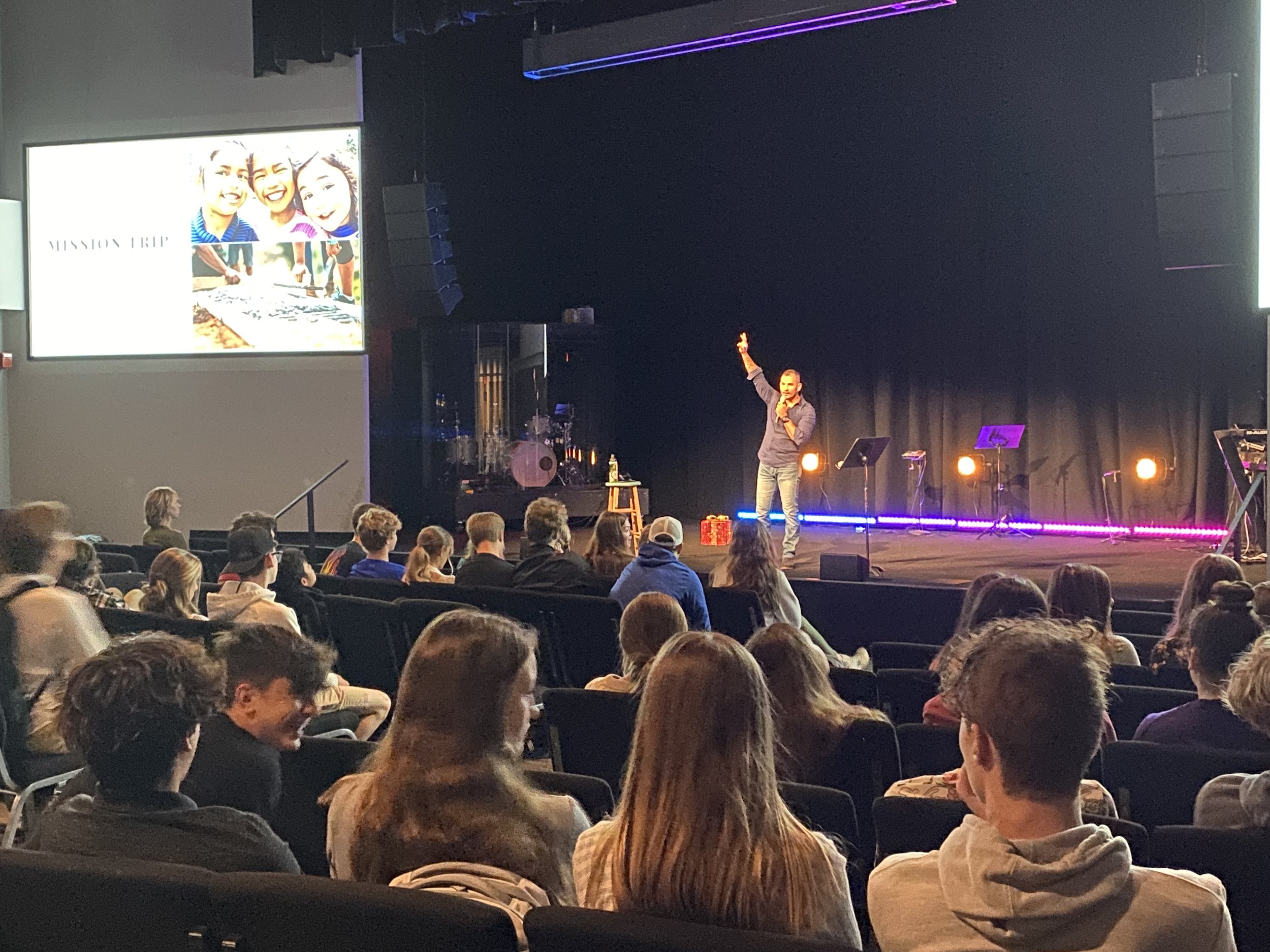
Help Us Build a Positive Values’ Culture for Social Change
A lack of empathy in the world is having an enormous impact on society’s mental health crisis but together, we can change that.
When Kids Help Others, They Help Themselves.
Mental Health Crisis Affecting our Children
More than 1 in 6 children have been diagnosed with a mental health disorder. Imagine what the effects of the global pandemic will be in those children and others. We discovered by sharing Jesus’ love through school-based programs, change can happen. (Source Website)
Evidence Shows Civic Engagement and Service Learning Help In and Out of the Classroom
Studies show children involved in civic engagement or service learning suffer fewer symptoms of depression, perform better in school and become more empathetic. In the process of helping others, they help themselves. (Source Website)
Raising Empathetic Leaders
During a penpal activity with a local school and our kids in Colombia, one boy told us he wished he could do more to help his new friends.
And that’s when God put it in our hearts to establish our Service Learning project, to give kids like this boy, the opportunity to do more!
Mission Life’s Service Learning project connects students in our communities with children halfway across the world. Using modern technology and transformational values, the kids on each end benefit from learning the differences and similarities of each other.
The program aims to address unmet human, educational, environmental and public safety needs that will provide a direct benefit to these communities by inspiring empathy in the next generations of spiritual leaders.
“Students are lacking strong empathy muscles since the pandemic. There is a dire need to help rebuild this muscle in our students. The opportunity to connect with students in another country is one way to help build their empathy muscles. ”
TYPOLOGY & STYLE OF SERVICE LEARNING
Change One Service Learning models the foundation of Global Citizenship Education (GCED) which is defined as "a transformative, lifelong pursuit that involves both curricular learning and practical experience to shape a mindset (teachings & knowledge), and the heart (Christian values), to care for humanity and the planet, and to equip individuals with global competence to undertake responsible actions aimed at forging more just, peaceful, secure, sustainable, tolerant and inclusive societies.”
Like Global citizenship education, Mission Life’s “Change One” focuses on three conceptual dimensions:
Cognitive
Learners’ acquisition of knowledge, skills, understanding and critical thinking (of Values and principles for transformational leaders).
Socio-Emotional
Learners’ sense of belonging to a common humanity, sharing values and responsibilities, empathy, solidarity and respect for differences and diversity.
Behavorial
Empowers learners to act responsibly at local, national, and global levels for a more peaceful and sustainable world.
Students sell Cafecito to impact children thousands of miles away and your support empowers us to equip them to dream big dreams!
With every sip or bag of our “Specialty-Rated” Cafecito you share with a friend, you are:
Empowering children in less-developed countries by satisfying physical and spiritual needs
Developing empathy and showing American youth a way to impact the world in a meaningful way
Supporting the laborers of the coffee farms in Colombia
